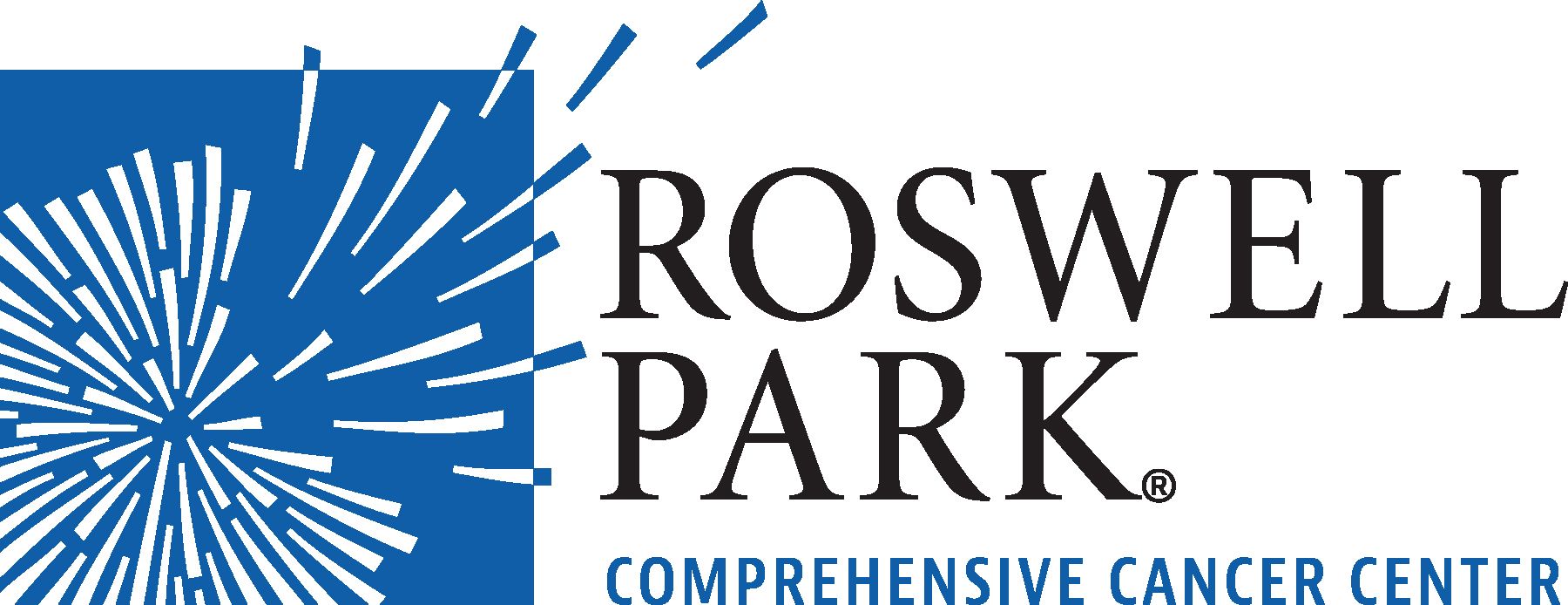
Dr Hernandez-Ilizaliturri on CAR T-Cell Therapy vs Bispecific Antibodies in DLBCL

Francisco Hernandez-Ilizaliturri, MD, discusses deciding between CAR T-cell therapies or approved bispecific antibodies for diffuse large B-cell lymphoma.
Francisco Hernandez-Ilizaliturri, MD, director, Lymphoma Research, professor, oncology, Department of Medicine, head, Lymphoma Translational Research Lab, associate professor, Department of Immunology, Roswell Park Comprehensive Cancer Center; clinical professor, Department of Medicine, Jacobs School of Medicine and Biomedical Sciences, University at Buffalo, discusses
When deciding between CAR T-cell therapy and approved bispecific antibodies for managing DLBCL, several factors must be considered, Hernandez-Ilizaliturri begins. Bispecific antibodies are a form of T-cell engager therapy with demonstrated efficacy in clinical trials for relapsed/refractory large-cell lymphoma, follicular lymphoma, and, to a lesser extent, other types of lymphomas, he says. Some bispecific antibodies are specifically approved for patients with relapsed/refractory large-cell lymphoma, Hernandez-Ilizaliturri explains, adding that therefore, weighing the choice between CAR T-cell therapy and bispecific antibodies is crucial in this context.
CAR T-cell therapy has the advantage of longer follow-up data, providing evidence that it can potentially cure approximately 30% to 40% of patients with relapsed or refractory LBCL, he continues. This longer follow-up period allows for a more robust understanding of the therapy’slong-term efficacy, according to Hernandez-Ilizaliturri. In contrast, the follow-up data for bispecific antibodies are not as extensive, making it less clear whether patients are being cured with this treatment, Hernandez-Ilizaliturri states.
For younger and more fit patients, CAR T-cell therapy might be preferable due to the extensive follow-up data and the hematology field’s increased proficiency in managing acute toxicities associated with this treatment, which helps mitigate some concerns, Hernandez-Ilizaliturri explains. However, for frailer patients, bispecific antibodies may be a more appropriate option, he elucidates.
Geographic location and access to CAR T-cell therapy also play a significant role in treatment selection, Hernandez-Ilizaliturri expands. Bispecific antibodies offer the advantage of being administered closer to the patient’s home, provided the physician is comfortable with their use and capable of monitoring the associated adverse effects, he notes. This convenience can be particularly beneficial for patients who live far from specialized treatment centers offering CAR T-cell therapy, Hernandez-Ilizaliturri concludes.




































